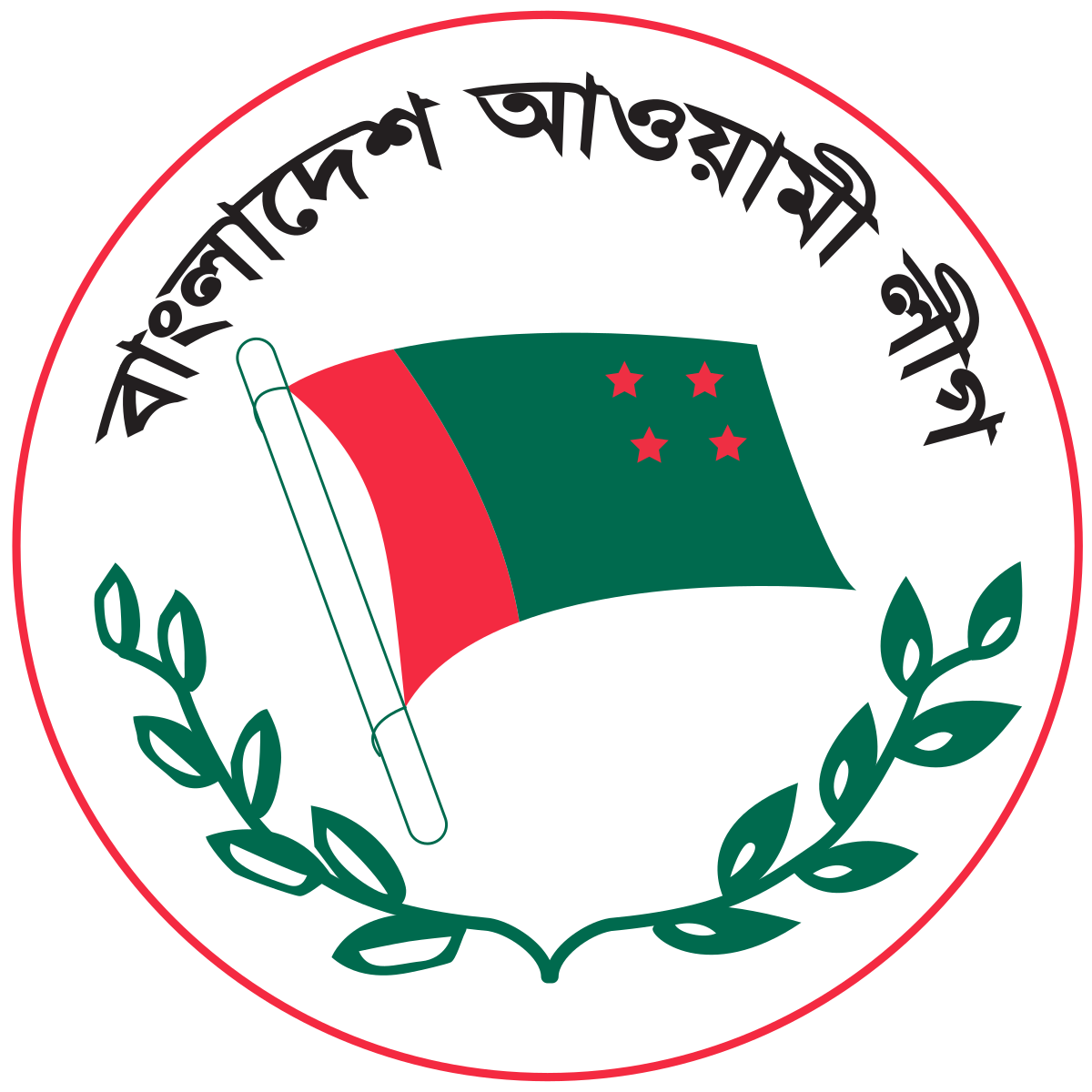
Awami League Searching for New Leadership in Dhaka

After 15 years in power, the Awami League now finds itself in the midst of a severe political crisis. With party chief Sheikh Hasina currently in India and many top leaders and activists either in hiding or living in exile, the party's organizational structure inside the country is largely in disarray. Those who remain within Bangladesh are either on the run, arrested, or operating under intense pressure—leaving the party politically stagnant and struggling to maintain a presence.
Despite this turbulent situation, the Awami League is trying to regroup. One of its top priorities is to identify a new face who can lead party activities in Dhaka, reorganize grassroots activists, and serve as a visible leader during this crisis. Party insiders say they are focusing on individuals who are currently inside the country and capable of maintaining an active political profile.
Weak Grassroots, Limited Street Presence
The party’s organizational structure has weakened significantly. It currently lacks the capacity to launch large-scale political programs. Instead, it is relying on spontaneous flash processions and increased activity on social media platforms to maintain visibility. However, political observers remain skeptical about how effective these tactics will be in reviving the party.
Potential Leaders Under Consideration
Several leaders abroad believe the party urgently needs a public figure inside the country who can rally activists and represent the party during this transitional phase. Names such as former President Md. Abdul Hamid and former minister Saber Hossain Chowdhury have been floated as possible candidates. However, due to fears of arrest or legal repercussions, none of them have stepped forward publicly.
Some Awami League leaders admit that officially appointing someone to a leadership role would expose them to legal risks. Therefore, the party is refraining from making any formal announcements at this time.
The ‘Refined Awami League’ Rumor
Recently, discussions around a so-called “Refined Awami League” have gained traction in political circles. Some suggest that a rebranded version of the party—featuring more acceptable and less controversial figures—might emerge. However, insiders dismiss this notion as a conspiracy aimed at dividing the party. Senior party leaders have denounced these discussions on social media, labeling them attempts to weaken the party.
While names like Saber Hossain Chowdhury and Speaker Shirin Sharmin Chaudhury have been associated with this idea, there is no official indication that the Awami League is planning such a transformation.
Sheikh Hasina Remains the Central Leader
Despite the leadership vacuum, the Awami League is not considering a replacement for Sheikh Hasina. Both domestic and exiled leaders have reiterated that the search for leadership is not about succession but about finding someone to manage activities on the ground under her guidance. According to them, communication between leaders abroad and those in hiding within the country has been re-established, which has helped coordinate minor political actions.
No Apology or Regret
There has been political speculation that if the Awami League expressed regret or issued an apology for the alleged repression and violence during its time in power, it could pave the way for its return to politics. However, party leaders have firmly rejected this idea. They maintain that any violence or deaths should be investigated and prosecuted, but they do not believe the party needs to apologize.
Former State Minister for Information Dr. Mohammad Ali Arafat stated that the party is accountable to the people, not to any external group or authority.
Uncertainty Over Election Participation
As other political parties, including the BNP, prepare for upcoming elections, questions are being raised about whether the Awami League will participate. Many within the party believe that contesting an election under the current interim government could be politically suicidal—especially given the hostile political environment and their organizational weaknesses at the grassroots level.
There is also concern over ongoing legal proceedings at the International Crimes Tribunal involving Sheikh Hasina and other senior leaders. Some believe these cases are being expedited ahead of the election, further complicating any potential return to formal politics.
The Bigger Picture
At 76 years old, the Awami League is facing one of the most difficult chapters in its history. Once the party that led Bangladesh to independence, it is now fighting to remain relevant in a drastically changed political landscape. The search for a new leader in Dhaka is not about replacing Sheikh Hasina, but about navigating a temporary crisis and maintaining a foothold in the country's politics.
Whether the Awami League can overcome this crisis, reorganize its base, and re-emerge as a political force remains uncertain—but the next few months are likely to be critical for the party’s future.
Copyright © 2025 News of truth. All rights reserved.